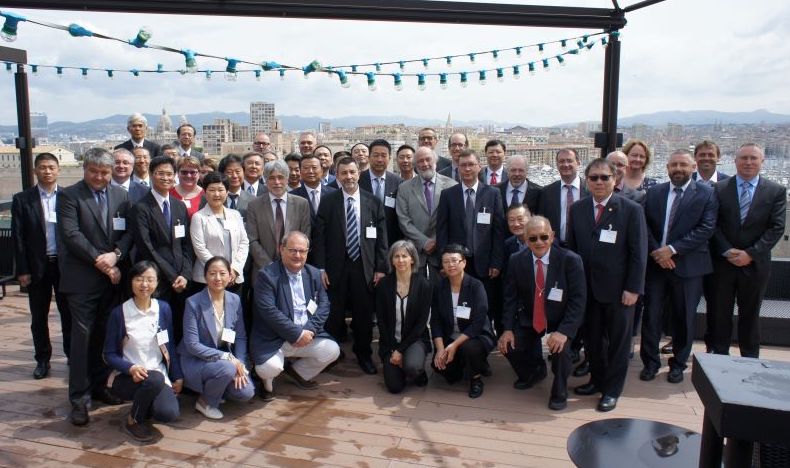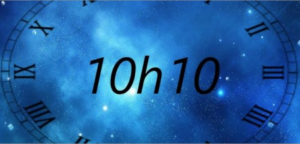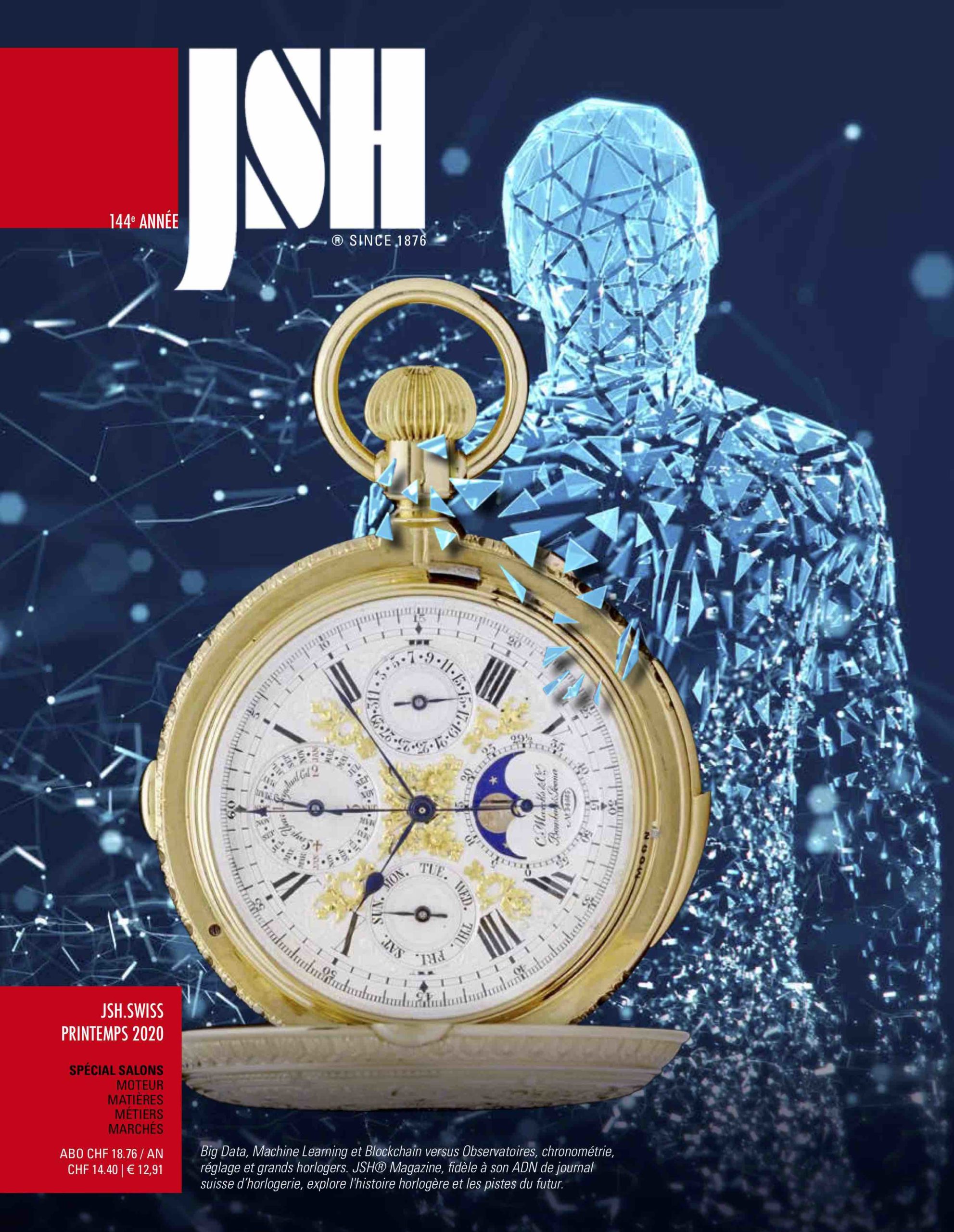{Published in the JSH Special Issue ‘Short Supply Routes’} As the term industrial begins to flourish with common names related to recycling, environmental ethics and carbon footprint measurement, the question of standardisation or regulation arises… Interview.
Interview by Joël A. Grandjean / JSH® Magazine & Swiss Watch Passport Publisher & Editor in Chief
Insta SWP | Insta JSH® | Facebook | Twitter | Linkedin
Not everyone can write the word ‘waterproof’ on a watch face or in an instruction manual. The thing is regulated and, since the safety and the life of the diver can depend on the waterproofness, any affixing of the kind must be measurable and tested. Will the same thing happen one day, perhaps simply because consumers demand it, with the terms “recyclable, recycled“ and all sorts of vocabulary linked to these new data? Beyond international legislation, ISO and other accepted standards, there are the standards of the Swiss watch industry.
JAG: Is the FHS considering standards relating to the concept of recycling?
Jean-Daniel Pasche: The creation or revision of watchmaking standards is the responsibility of the Swiss Watch Industry Standards Committee, one of the FH commissions (Swiss NIHS standards and international ISO standards). At present, there are no watchmaking standardisation projects at this stage. It must be said that national legislation is emerging on this subject (environment, recycling, waste disposal, sustainability) almost everywhere, particularly in France. Our priority is to inform companies about this legislation and help them prepare for it. It is difficult to standardise on a private level when standards do not have the force of law.
Is there any such reflection at European level (ISO standards for example, or other)?
There is a committee dealing with this subject (ISO/TC 323) under the aegis of France but it concerns the whole economy and does not specifically concern watchmaking. We are not aware of any results at this stage.
In the same way that the word «waterproof» belongs to the domain of legislation, will there one day be directives for the use of all these words that are increasingly widespread without control (eco-responsibility, recyclable, etc.)?
There are already regulations, particularly in the EU, France and the USA, concerning terms related to ecology, either precise definitions of words, or directives concerning the use of certain words (restriction of use, coefficients, percentages, etc.). It is certain that this legislative evolution will continue in order to avoid abuse and confusion. However, this type of regulation goes beyond watchmaking, as it concerns all industrial sectors.
At the level of the markets, do the brands tell you that they have particular expectations regarding these new parameters?
We feel that watchmaking companies are increasingly interested in these concerns, which are often questioned by their customers or by final clients. They are expressing expectations that need to be met. The pandemic has accentuated these phenomena.
What would you say about a solar oven in the Jura? Is it a utopia?
Without wishing to prejudge the technical feasibility, it is not a utopia in principle inso-far as such a project would be part of the search for sustainability and local supply, two notions that are becoming increasingly important with the energy challenges.
The special issue “Short Supply Routes” is being offered to JSH 1876 subscribers: the Swiss watchmaking journal JSH is supporting Panatere in its campaign to build in 2022 one or more solar ovens in the Watch Valley. Subscribe to JSH (CHF 18.76/2 editions). See below the special edition in English.












